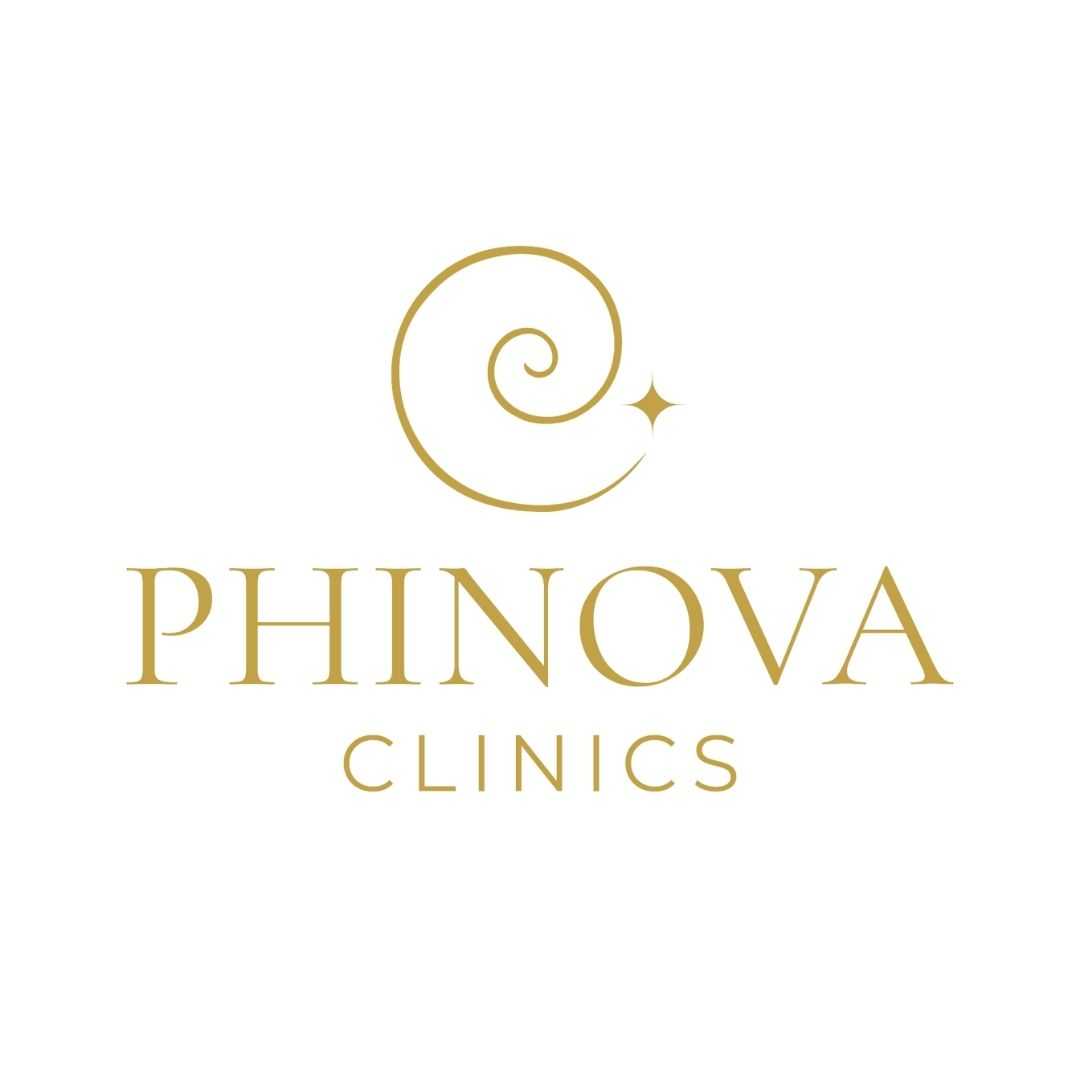Dental in Turkey: Get Reimbursed by German Insurance

Turkey has emerged as a top destination for dental tourism, attracting thousands of patients from Germany with its promise of high-quality dental care at significantly lower prices. If you're a resident of Germany considering this option, your most pressing question is likely: "Does German health insurance cover dental treatment in Turkey?" The answer is encouraging, but it comes with important conditions and processes you must follow. Navigating the rules of German health insurance, whether you have public insurance (Gesetzliche Krankenversicherung - GKV) or private insurance (Private Krankenversicherung - PKV), can feel complex, especially when seeking treatment abroad. The key isn't just about finding a great clinic in Istanbul or Antalya; it's about understanding how to get your domestic insurance to contribute to the costs.
This guide is designed to demystify the process for you. We will explore how both GKV and PKV handle claims for dental work performed in non-EU countries like Turkey. We'll introduce you to the most critical document in this entire process: the Heil- und Kostenplan (treatment and cost plan). Understanding this document is the first step toward securing a reimbursement. We'll walk you through the necessary steps, from getting pre-approval to submitting your claim after the treatment. While the savings can be substantial, success depends on careful planning and communication with your insurance provider. Let's dive into the details to ensure your journey to a new smile is not only successful but also financially savvy.
Can I use my German health insurance for dental work in Turkey?
The principle of seeking medical treatment in other countries is well-established within the German healthcare system. While the process is more streamlined within the European Union, it is still possible to receive coverage for treatment in countries like Turkey, with which Germany has a social security agreement. However, this is not an automatic process.
For any planned dental treatment, you cannot simply go to Turkey, have the work done, and expect your insurance to pay the bill. You must engage with your insurer beforehand. The cornerstone of this process is getting a detailed treatment and cost plan from your Turkish dentist and submitting it to your German health insurance for approval. Without this pre-approval, your claim for reimbursement will almost certainly be denied.
What is the difference in coverage between public (GKV) and private (PKV) insurance?
The level of financial support you can expect for your dental treatment in Turkey varies significantly depending on whether you are insured under the GKV or PKV system.
- Public Health Insurance (GKV): The GKV system is based on solidarity and provides a defined set of benefits. For dental prosthetics (like crowns, bridges, and implants), it pays a fixed amount, known as the Festzuschuss. This amount is calculated based on the average cost of the standard, most basic treatment for your specific dental condition in Germany. It doesn't matter if your treatment in Turkey is cheaper or more expensive; the subsidy remains the same.
- Private Health Insurance (PKV): Coverage under PKV is not standardized; it is determined by the specific contract (Tarif) you have with your insurer. Generally, private plans offer more extensive benefits. They might cover a certain percentage (e.g., 80% or 100%) of the actual costs of your treatment, including for high-quality materials and advanced procedures. However, you must verify the specifics of your plan, particularly its terms for treatment outside the EU.
How does the German public health insurance (GKV) cover dental treatment in Turkey?
If you are publicly insured in Germany, you are entitled to the same fixed subsidy for dental prosthetics whether you get the treatment in Germany, another EU country, or Turkey. The key is that the treatment must be medically necessary. The GKV does not reimburse the full cost but provides a defined contribution towards it.
This system ensures that everyone receives a basic level of support, but patients are responsible for any costs exceeding this subsidy. This is known as the Eigenantei, or your personal share. Because dental work in Turkey is often much cheaper, the fixed subsidy from your GKV can cover a much larger percentage of the total bill than it would in Germany, making it a financially attractive option.
What is a 'Festzuschuss' (Fixed Subsidy)?
The amount of the Festzuschuss is determined by your dental diagnosis (Befund), not by the type of treatment you ultimately choose. For example, if you are missing a tooth, the GKV determines the standard care is a basic metal bridge and calculates the subsidy based on that. If you instead opt for a more expensive zirconium bridge or a dental implant in Turkey, you still only receive the fixed subsidy calculated for the standard metal bridge.
This subsidy can be increased if you have diligently maintained your dental health. By proving regular annual check-ups in your Bonusheft (bonus booklet), the subsidy increases. After 5 consecutive years of check-ups, it rises to 70% of the standard care cost, and after 10 years, it reaches 75%.
Does the Germany-Turkey social security agreement help?
The agreement (specifically forms like T/A 11) is crucial because it sets the basis for cross-border healthcare cooperation. While it's often associated with emergency care during a holiday, it also applies to planned medical treatments. It ensures that your right to a subsidy for dental work is not lost just because you cross the border into Turkey. However, it does not mean you can simply present your German insurance card at a Turkish dental clinic for direct billing. The reimbursement model, based on a pre-approved cost plan, is the standard procedure under this agreement for planned care.
What is a 'Heil- und Kostenplan' (HKP) and why is it essential?
Think of the HKP as a formal quotation that details your dental diagnosis, the planned procedures, and the estimated costs. For German insurance companies, this document is non-negotiable. It allows them to assess the medical necessity of the treatment and calculate the exact amount of the subsidy or reimbursement you are entitled to. An HKP from a Turkish clinic should be as detailed as one from a German clinic, often using the same coding systems for procedures to ensure clarity.
Submitting an HKP and waiting for approval is your green light. Proceeding with treatment without an approved HKP means you are taking a significant financial risk, as the insurer is under no obligation to reimburse you retroactively.
What is the exact process for getting GKV reimbursement for dental treatment in Turkey?
Following a structured process is key to a successful claim. Here is a step-by-step breakdown:
- Consultation and Cost Plan: Choose a reputable clinic in Turkey. After an examination (which may require an initial visit or be based on X-rays sent from Germany), the clinic will prepare a detailed HKP. Ensure it is in German or professionally translated.
- Submit for Approval: Send this HKP to your GKV in Germany. This is the most crucial waiting period.
- Receive Approval: Your GKV will review the plan and send you a letter confirming that the treatment is approved and stating the exact amount of the Festzuschuss you will receive. Do not proceed without this letter.
- Undergo Treatment: With approval in hand, you can travel to Turkey for your dental work. You will pay the clinic's bill directly and in full.
- Claim Reimbursement: Upon your return to Germany, submit the final, itemized, and paid invoice from the Turkish clinic, along with your original approval letter, to your GKV. They will then process the reimbursement and transfer the approved subsidy to your bank account.
Does German private health insurance (PKV) cover dental treatment in Turkey?
If you are privately insured, your potential for reimbursement is generally higher, but it is entirely dependent on the fine print of your policy. Private insurers offer a wide range of plans, from basic to premium. Most good plans include worldwide coverage for dental treatments.
The process is similar to the GKV: you will need to get a Heil- und Kostenplan from the Turkish dentist and submit it for approval. The key difference is the reimbursement amount. Instead of a small fixed subsidy, your PKV might cover a high percentage (e.g., 75%, 90%, or even 100%) of the total invoice, up to the annual limits specified in your contract. Always clarify with your insurer what their specific requirements are for treatment in a non-EU country.
Are cosmetic dental procedures like veneers or teeth whitening covered?
German health insurance, particularly the public GKV, operates on the principle of medical necessity. Treatments that are purely for improving appearance do not qualify for reimbursement. For example, if a crown is needed to restore a damaged tooth, it is considered medically necessary and a subsidy will be paid. However, if you want veneers on healthy teeth just to improve your smile, you will have to bear the full cost yourself.
Private insurance plans are more flexible. Some premium tariffs may include a budget for cosmetic procedures, but you must confirm this by reading your policy documents or contacting your insurer directly. Never assume a cosmetic treatment will be covered.
What about dental implants? Are they covered by German insurance in Turkey?
Dental implants are a popular treatment for patients traveling to Turkey. From the perspective of the German public health insurance (GKV), an implant is considered a "different type of care" (andersartige Versorgung) compared to the standard treatment (a bridge). You will not get a subsidy specifically for the implant surgery itself, but you will receive the Festzuschuss that would have been allocated for the standard bridge procedure. This subsidy can still significantly reduce your out-of-pocket expenses.
Private health insurance (PKV) plans often have explicit and much more generous coverage for dental implants. Many tariffs cover a high percentage of the cost for both the surgical placement of the implant and the final crown. Given the high cost of implants, checking your PKV policy's terms for this specific treatment is essential before you commit.
Ready to explore your options for high-quality, affordable dental care that works with your German insurance? Explore PlacidWay's extensive network of accredited dental clinics in Turkey that are experienced in providing the necessary documentation, like the Heil- und Kostenplan, for German patients. Get a free quote for your treatment today.


.png)




.png)
.png)
.png)




.png)


Share this listing